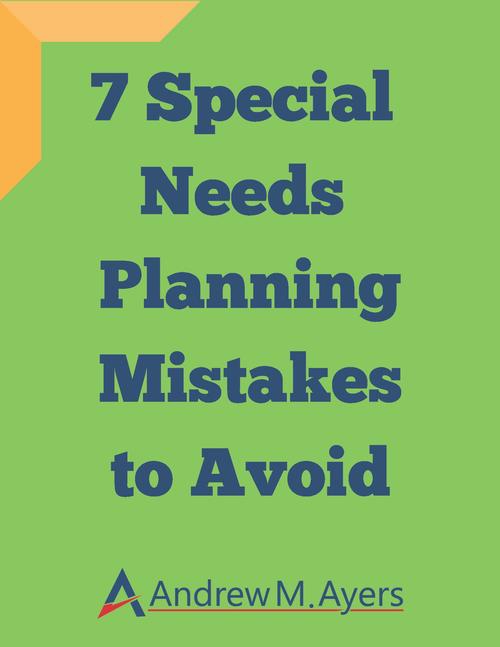 When you are creating a special needs trust in Minnesota, you need to make sure you've got the right language regarding what expenses the trust can pay for. The purpose of the trust is to "supplement" the government benefits - which is why you often hear the terms "Supplemental Needs Trust" and "Special Needs Trust" in this area of law. The primary programs that are focused on are Medicaid and Supplemental Security Income (SSI). These trusts pay for "luxuries" and quality of life expenses that are not paid for by these public assistance funds.
When you are creating a special needs trust in Minnesota, you need to make sure you've got the right language regarding what expenses the trust can pay for. The purpose of the trust is to "supplement" the government benefits - which is why you often hear the terms "Supplemental Needs Trust" and "Special Needs Trust" in this area of law. The primary programs that are focused on are Medicaid and Supplemental Security Income (SSI). These trusts pay for "luxuries" and quality of life expenses that are not paid for by these public assistance funds.
What Happens if My Trust Pays for The Wrong Expenses
While you may not think you need to worry about your trust paying the wrong expenses, if this happens, you can cause a lot of problems for your loved ones. And if the trust is being funded by your estate plan and you're deceased, your family member may not have anyone to turn to when they need it most.
If your trust ends up paying for food or shelter costs on a regular basis, or if it's given to your family member with special needs directly, those payments can be counted by the government as "income" to them. The more income they have, the less likely they are to qualify for benefits like Medicaid and SSI. So it's important that the trust is set up correctly, and that you select the right trustee to manage the trust as well.
Expenses That Should Not Be Paid by Your Special Needs Trust if Your Family Member Receives SSI
Choosing what expenses to pay with your trust should be a discussion between you and your attorney to make sure you are properly planning for SSI benefits. Some examples of expenses that should not be paid:
- General gifts of cash
- Groceries
- Meals at restaurants (occasionally is ok, consistently can be a problem)
- Housing payments (rent, mortgage)
- Property taxes
- Co-op fees, condo fees, homeowners association fees
- Property insurance that's part of a mortgage
- Utilities charges
If you do end up paying for these expenses, you should know that they only cause a 1/3rd reduction in the SSI benefits, and sometimes it will make sense to make the payments as the reduction is an acceptable trade-off.
Next Steps
If you've got a loved one with special needs and you want to make sure your Special Needs Trust is set up correctly to protect them and your legacy, let's set up a Legal Strategy Session to discuss the next steps for you and your family. You can also


